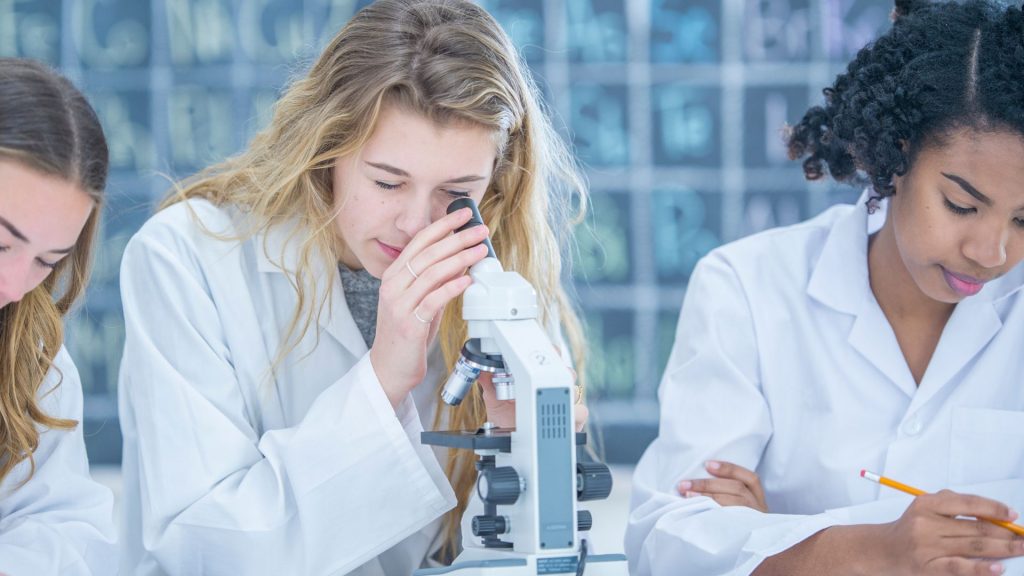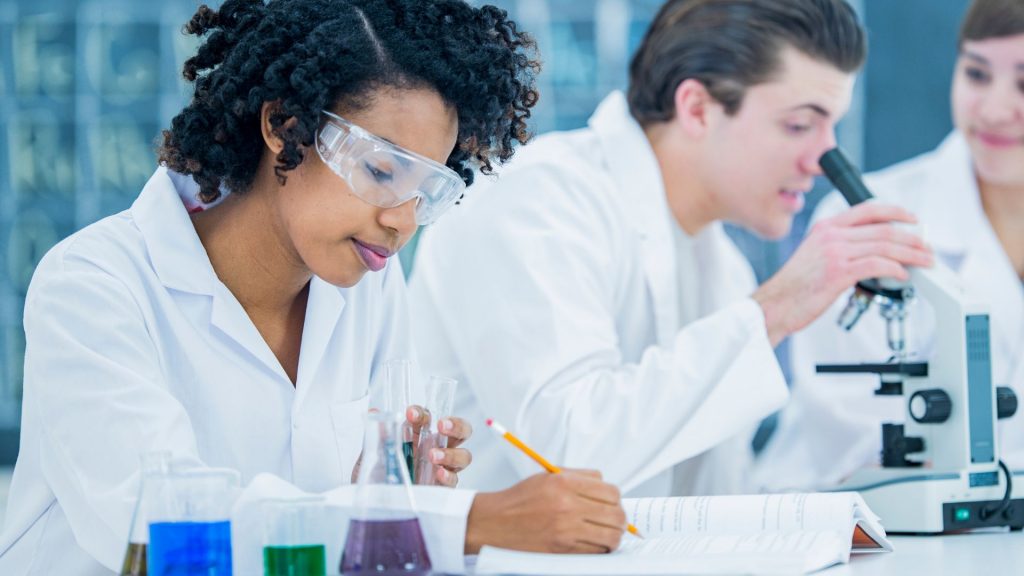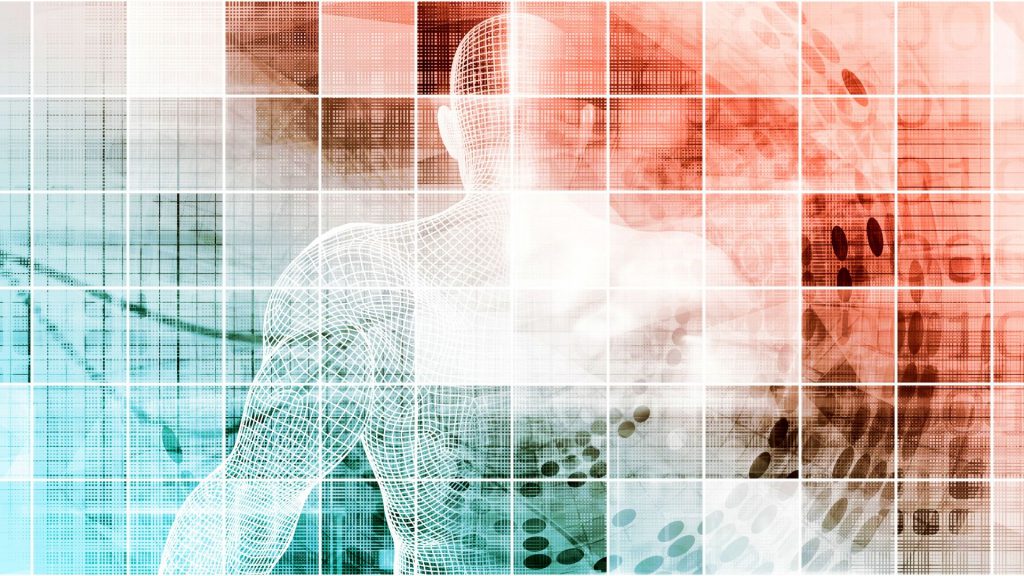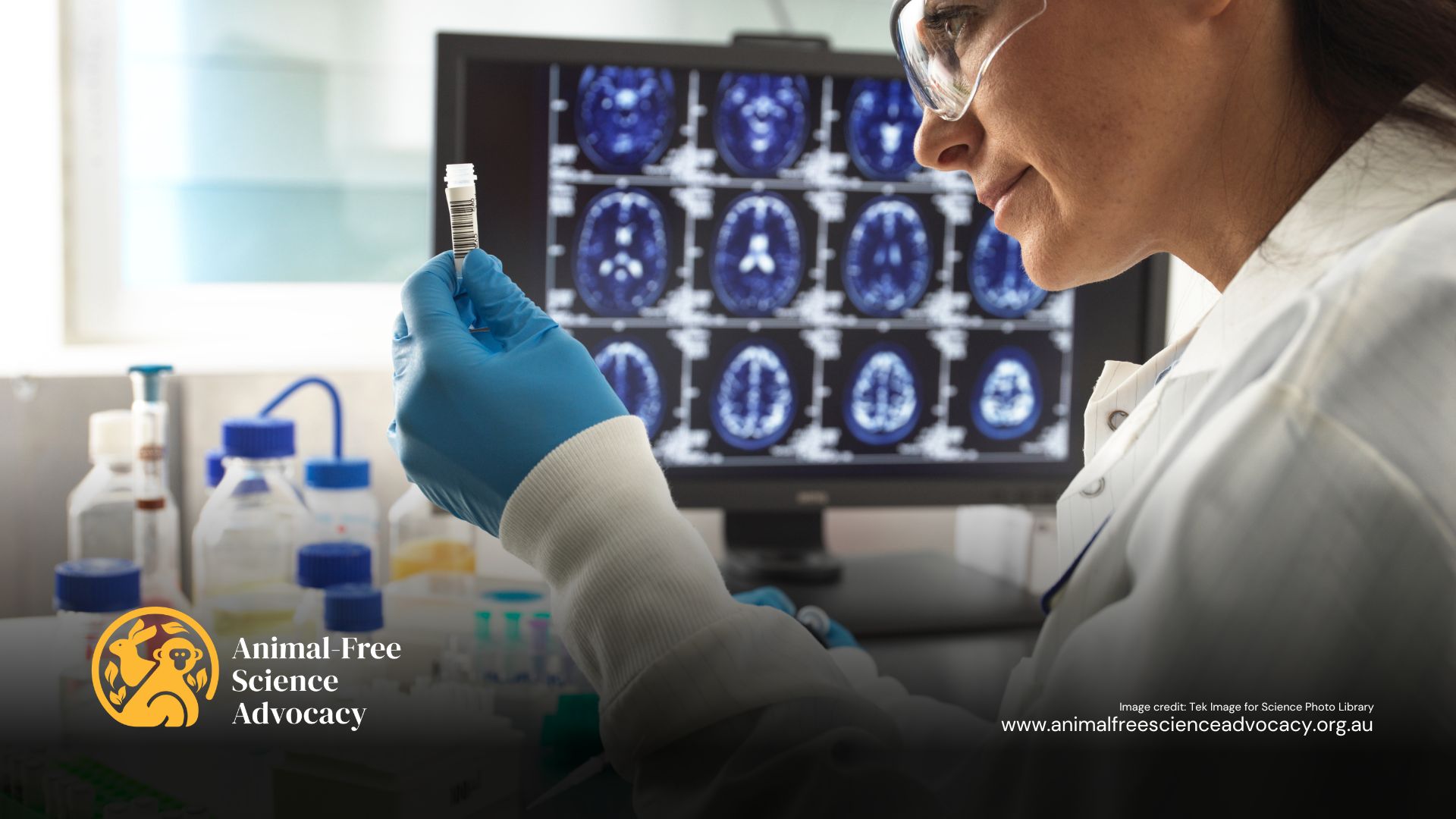
Replacing Animals: Better Ways to Do Research
Animal-free research methodologies offer more accurate, safe, human-relevant and reliable ways to conduct research compared to using animals. Embrace this transformative leap and champion better ways to do research.
Animal-Free Science Advocacy advocates for the adoption of superior, human-relevant techniques that benefit human health. Despite the ongoing refinement of animal models, they fall short in mimicking human biology, a fundamental shortcoming that cannot be fixed.
Animal-free scientific procedures leverage human biological processes to explore disease and potential treatments, using human tissue and organ cells, as well as existing data. These novel methodologies, combined with longer stander methods such as human population studies, offer a more relevant, reliable way to conduct research. Learn more below.
There are now better ways to do research
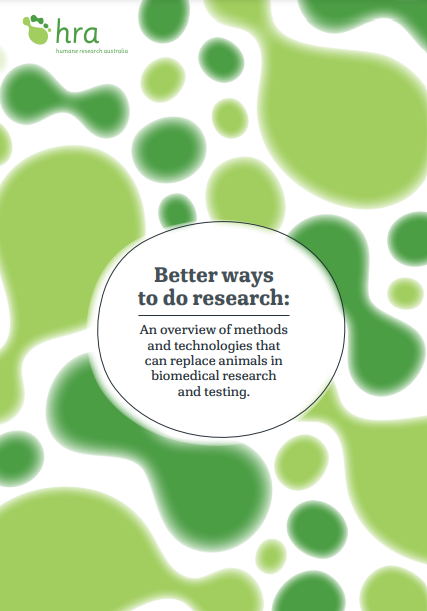
Discover the landscape of innovative alternatives to animal research, written in plain English to bridge the gap between complex science and public understanding. Drawing from authoritative sources such as peer-reviewed journals and government reports, this work distills scientific literature into digestible information.
Focusing mainly on animal research for human benefits, often a contentious point, this overview also acknowledges animal use in veterinary studies.
Existing methods and technologies are perpetually enhanced, with new alternatives surfacing regularly. Despite the complexity of this area, every effort was made to deliver an accessible, informative guide for all. To delve deeper into this transformative shift in research methodologies, we invite you to read the ‘Better Ways To Do Research’ report. It’s time to understand and embrace the science of the future.
Australia is falling behind the rest of the world
In the Netherlands
The Netherlands is leading efforts to phase out animal testing, with the government committing to end toxicology tests for chemicals, food ingredients, pesticides, veterinary medicines and vaccines. Its Transition Programme for Innovation without the Use of Animals outlines a collaborative approach involving science, healthcare, government and industry to achieve this goal.
In the US
In 2022, the US Senate passed the FDA Modernization Act, allowing drug developers to use modern, human-relevant methods instead of animal testing. This followed the Environmental Protection Agency‘s (now-revised) pledge to end mammal testing by 2035. Inspired by the US, India amended its New Drugs and Clinical Trial Rules (2023) to reduce animal use in drug research.
The Consolidated Appropriations Act, 2023 provided funding to federal agencies for various initiatives aimed at increasing transparency, developing new approaches, encouraging rehoming and providing sanctuary for chimpanzees formally used in research.
In 2023, the Maryland legislature passed a bill to establish the Human-Relevant Research Fund, which will provide grants and loans for developing non-animal research methods. Starting January 15, 2024, facilities conducting animal testing must contribute to the fund based on the number of animals used.
In 2024, the National Institutes of Health (NIH) announced a common fund to speed the development, standardisation, validation and use of human-based new approach methodologies (NAMs).
In 2024, the NIH’s National Center for Advancing Translational Sciences has established new centres to strengthen the use of organ-on-a-chip, or tissue chip, technology to develop drugs and potentially reduce the need for animals in research with a US $31M investment.
In April 2025, the FDA published a Roadmap to Reducing Animal Testing in Preclinical Safety Studies with an initial focus on focus on monoclonal antibody testing.
In April 2025, the NIH has announced a major commitment to transitioning away from animal research in favour of innovative, human-based science.
In the UK and EU
In 2021, the European Medicines Agency (EMA) put in place measures to encourage and accelerate the development and adoption of non-animal methods in the testing and approval of new human drugs.
In 2021, the European Parliament overwhelmingly passed a resolution urging the European Commission to create an EU-wide action plan to phase out animal experimentation, with clear targets and increased funding for non-animal research methods.
In February 2024, the UK government pledged to develop and publish a plan in the next few months to speed up replacing live animals in scientific and medical testing and a funding boost for research and development into alternatives to live animals.
Animal-free research: safe, accurate, human-relevant and ethical
As new technologies emerge, the range of animal-free methods continues to grow.
Despite claims by some researchers that alternative methods are not yet sophisticated enough to replace animal tests, they are more dependable, safe, accurate, human-relevant and ethical.
Between 90 to 95% of drugs found to be safe and effective in preclinical research, of which animal testing is currently an expected requirement, fail to make it to human clinical use. (i). With this alarmingly-high failure rate, the validity of animal-testing must be challenged.
(i) Clinical Development Success Rates and Contributing Factors 2011–2020
Phase II Trials in Drug Development and Adaptive Trial Design
Animal-free research produces more accurate results than tests on species who differ from humans in their metabolism of toxins, absorption of chemicals, mechanisms of DNA repair and lifespan – all factors that have a profound effect on the efficacy of drugs.
AFSA advocates for the replacement of animals, not just because of the unethical and cruel treatment, but just as importantly for the ability of science to advance in delivery of vital drugs and other treatments to humans.
There are several terms that can be used to describe non-animal research including alternatives, replacements, new approach methodologies and non-animal methods. They are not applicable to all contexts, for example, epidemiology or human population studies are not new but are a valid non-animal method, and new approach methodologies is an unclear term to the general population (used more by regulatory scientists and alarmingly it is also being used to define newer technologies which use animals). Replacement is the most fitting term and also stronger than alternative, which suggest animals could still be used as another option. ‘Replacement methods based on human-biology’ is the simplest and clearest explanation, or animal-free research methods (although we acknowledge that animal products may be used to produce or contained within some non-animal methods).
Here are a few examples of the inefficient and unethical use of animals, and what could be used to replace the animal to provide an accurate and effective result.
Better than testing on dogs
Microdosing
Involves giving research participants miniscule doses of an experimental drug then tracking the drug’s movement through the body by radio labelling. Its distribution and metabolism in bodily fluids is measured and enables researchers to quantify its concentrations in blood, urine, saliva andwhite blood cells.
Microfluidic chips
Consist of a network of interconnected reservoirs mimicking the organ systems of a living being. Researchers can place lung, liver, fat, gastric or heart cells inside the reservoirs, add a particular drug and quickly evaluate how the chemical is distributed, metabolised and excreted.


Better than invasive brain research on marmosets...
Non-invasive imaging techniques
Such as Magnetic Resonance Imaging (MRI) and Positron Emission Tomography (PET) allow us to visualize internal structures of the human brain.
Transcranial magnetic stimulation
A non-invasive treatment using a magnetic field to stimulate nerve cells in areas of the brain. It has been shown to affect mood, motor and cognitive functioning. TMS has few side effects, and is also used as a treatment for mental illness.
Better than eye irritancy and skin abrasion tests on rabbits
Eyetex (TM)
Uses a vegetable protein extracted from jack beans. Like the cornea of the eye, this clear protein gel becomes cloudy when in contact with an irritating substance. The degree of cloudiness (“damage”) is measured with a spectrophotometer, which is much more accurate than assessing the damage to a rabbit’s eyes.
Reconstructed human epidermis
Involves a multi-layered human skin grown in the laboratory. Cells can be examined under the microscope, membrane damage can be assessed by leakage of enzymes, or inflammation can be determined by release of proteins and molecules called interleukins.


Better than antibody production in mice
Phage display
This the interaction between a virus and a bacterium to produce antibodies, which can be produced in a much shorter time than traditional animal methods.
Statement of support for non-animal research models
Australian research institutions, medical companies, and industry associations are urging the government to implement a strategy promoting non-animal research models. With the global market expected to grow, Australia’s lack of coordinated effort hinders its potential in this field. Despite strengths in certain areas, such as organoid research, leveraging these advantages requires increased investment and strategic alignment.
Organisations are encouraged to sign a statement of support, advocating for a national focus on non-animal models to seize future opportunities in biomedical research.
We need your help!
Please support Animal-Free Science Advocacy with your membership and/or donation so that we can continue the fight to end cruel and ineffective animal experiments and promote a better future – for both animals and for human medical progress. Animals should NOT suffer when there are more efficient methods.
More information
You can access EU reports on alternatives to animals in breast cancer, neurodegenerative ,respiratory disease, autoimmune disorders and immuno-oncology.
For more information visit the following sites:
- ATATAR – Alternatives to Animal Testing in Australian Research
- InterNICHE – replacing animals in education
- NORINA – a Norweigan inventory of alternatives in teaching and training
- http://altweb.jhsph.edu/Altweb – Global clearing house for information on alternatives to animal testing
- AltBib – Alternatives to the Use of Live Vertebrates in Biomedical Research and Testing
- Non-animal technologies database
- The Derm Review – an article outlining the history of animal testing to modern alternatives
- Read publications co-authored by the FDA on alternatives
- USDA Animal Welfare Information Center Alternatives Literature Searching Worksheet
- The RE-place project including a database of NAMs
Are you a student or researcher and cannot find the alternative you are looking for?
Contact us and our Scientific Consultant will respond with advice specific for your research area. See also our for researchers page for more recommended resources.
Learn more about Digital Twins.
Read more about non-animal methods in regulatory human medicine testing.
Share via Social Media
Stay informed
Sign up to our newsletter for all the latest news and SMS campaign alerts.
"*" indicates required fields
© 2025 Animal-Free Science Advocacy | ABN 17 208 630 818 | Privacy Statement | Terms & Conditions In the spirit of reconciliation, we acknowledge the Traditional Custodians of country throughout Australia and their enduring connections to land, sea and community. We pay respect to their Elders past and present.


